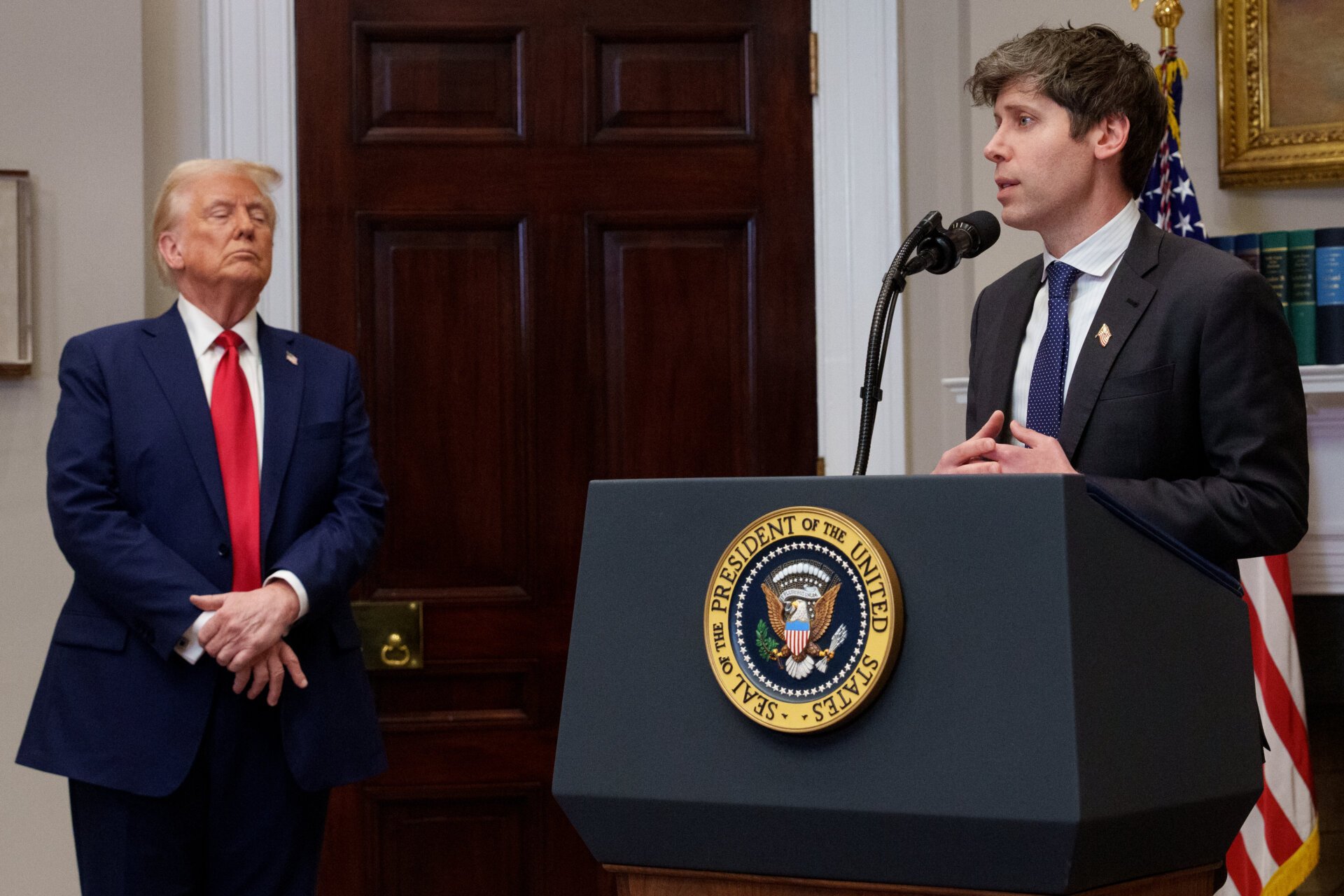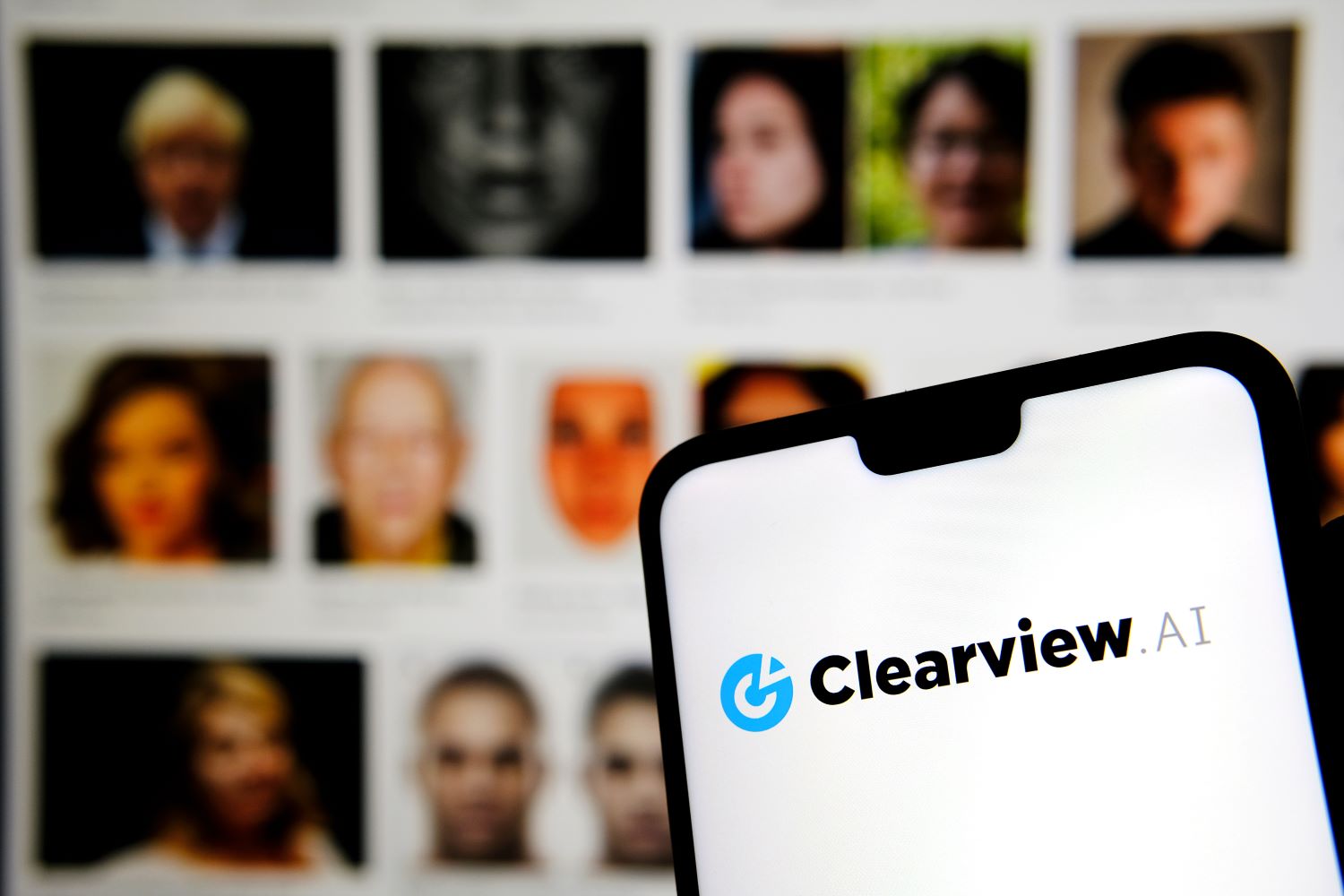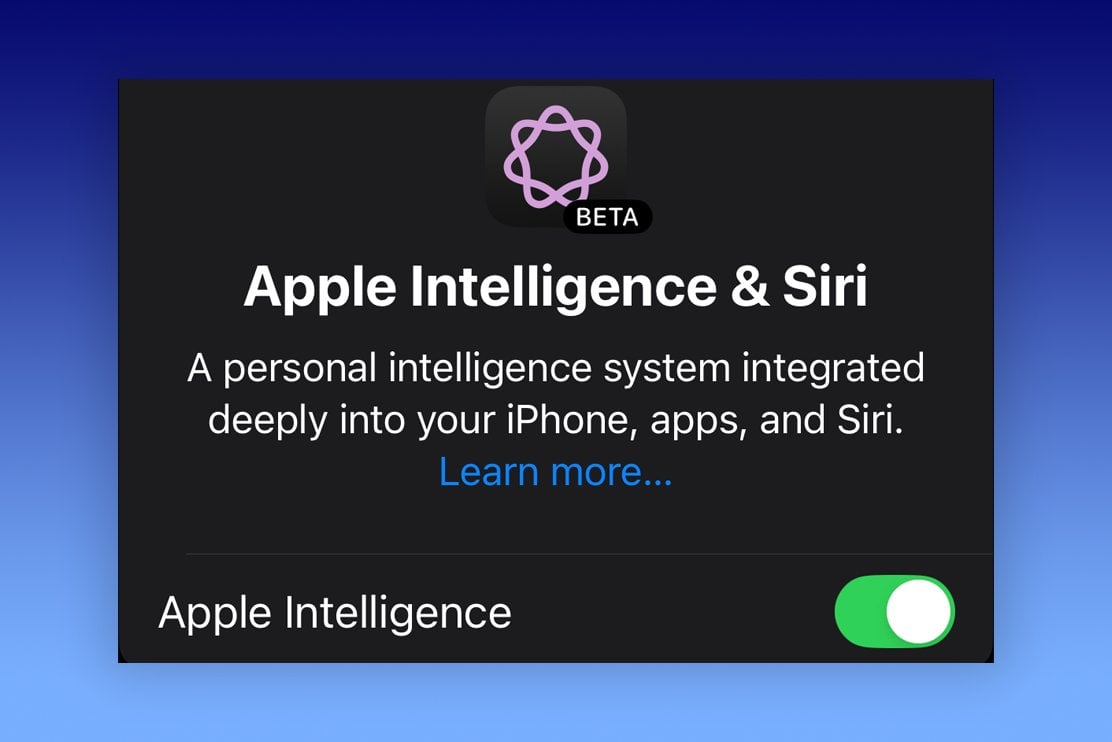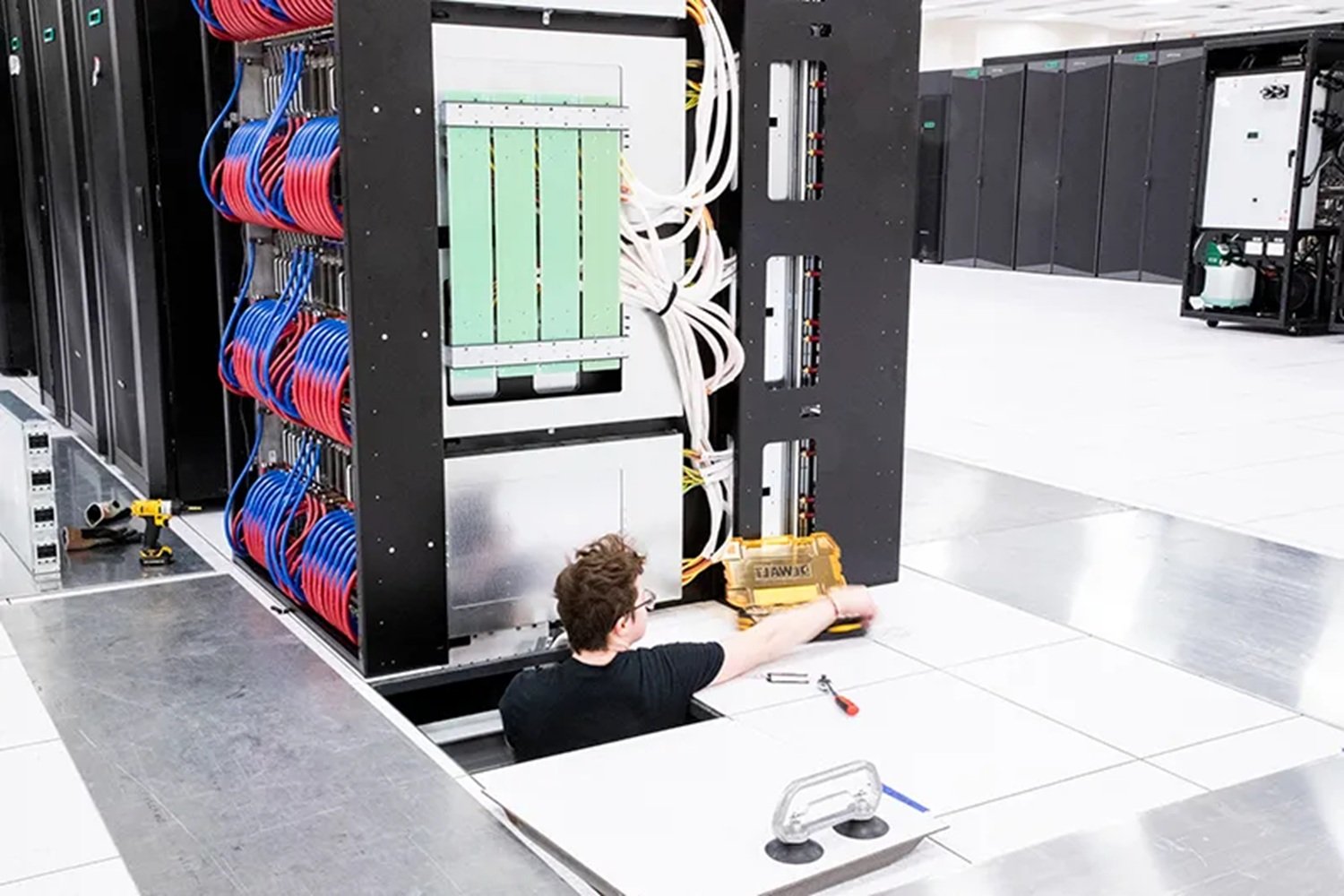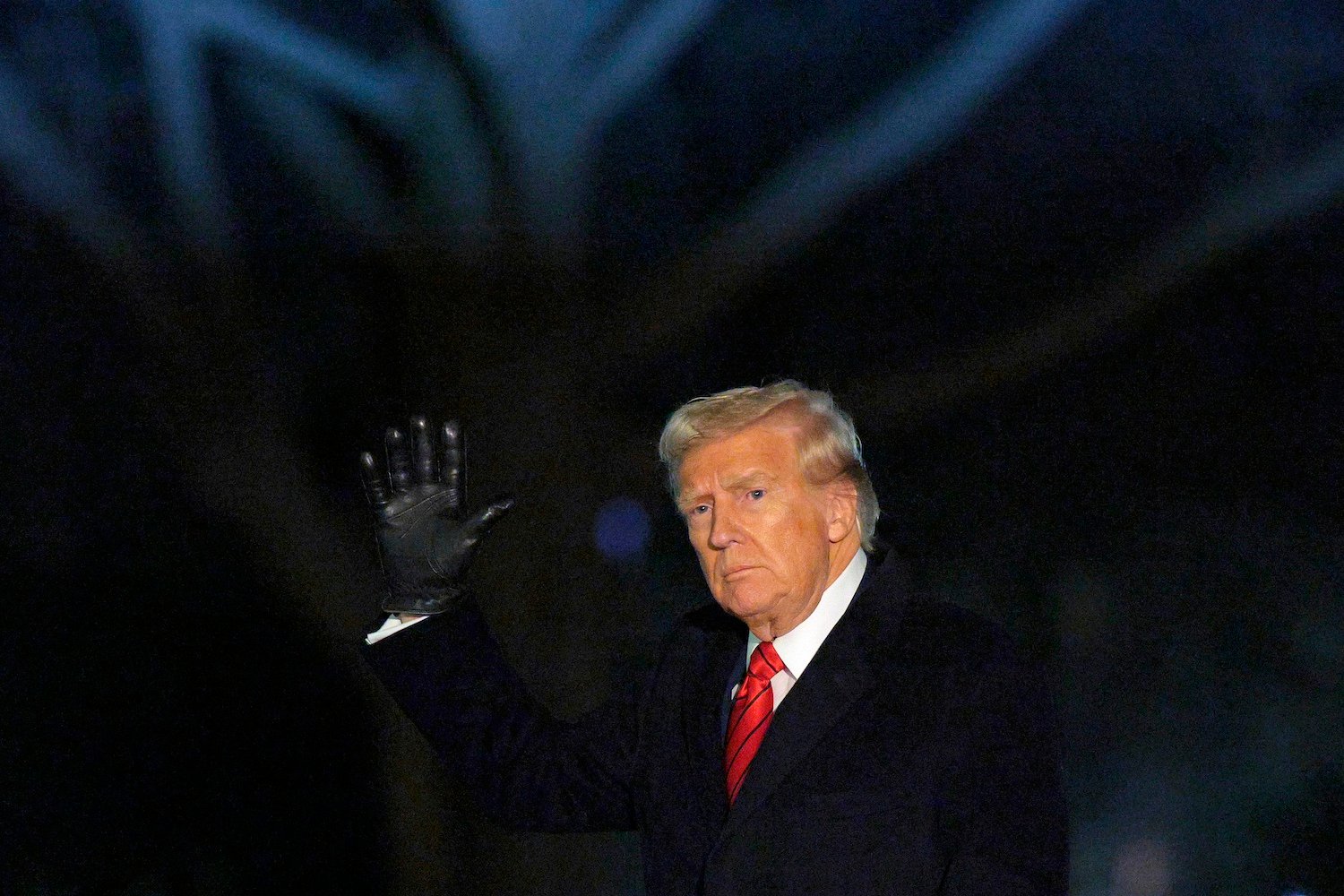The White House recently announced Project Stargate, a massive AI infrastructure project touted as a transformative leap for American technology. CEOs from Oracle, OpenAI, and SoftBank convened in Washington D.C. to unveil the purported $500 billion initiative and meet with Trump. Stargate’s proponents claim it will revitalize U.S. industry and bolster national security. However, a recent Financial Times report suggests Stargate primarily serves OpenAI’s interests, lacking the necessary funding to fulfill its grand promises.
Stargate’s Purpose and Funding Concerns
Stargate, a newly formed company partially funded by OpenAI, SoftBank, Oracle, Microsoft, NVIDIA, and Arm, aims to construct data centers and other AI infrastructure across the U.S. OpenAI’s press release emphasizes securing American leadership in AI, job creation, and global economic benefits. However, anonymous sources informed the Financial Times that the project predominantly benefits OpenAI. One source stated, “The intent is not to become a data centre provider for the world, it’s for OpenAI.”
These sources also revealed that despite the White House presentation, the project lacks secured funding, government support, and will solely serve OpenAI upon completion. One source highlighted the lack of finalized structure, financing, and committed funds. Another emphasized the intent but acknowledged the absence of concrete details, suggesting a rush for impactful announcements early in Trump’s term.
Musk’s Criticism and Job Creation Discrepancy
Elon Musk, a White House employee and OpenAI CEO Sam Altman’s adversary, echoes these concerns, tweeting about Stargate’s lack of funding and repeatedly criticizing the project.
While the White House boasts of hundreds of thousands of jobs and substantial economic benefits, reports indicate Stargate has only committed to 57 jobs so far. This raises questions, especially given the project’s focus on automation technologies potentially displacing workers.
Ties to the UAE and Altman’s Previous Middle East Ventures
Stargate’s connection to the United Arab Emirates raises further concerns. The Abu Dhabi state AI fund, MGX, a founding partner, reportedly plans to invest $7 billion. SoftBank and OpenAI intend to contribute over $15 billion each. MGX, part of a sovereign wealth fund overseen by UAE intelligence chief Sheikh Tahnoun bin Zayed al Nahyan, has engaged with top U.S. tech executives, including Musk, Nvidia CEO Jensen Huang, and Google parent company Alphabet’s president Ruth Porat, to discuss AI development, as reported by Bloomberg.
Altman’s controversial ousting from OpenAI in November 2023 was partly attributed to his Middle East trips seeking billions for an AI chip company. These discussions with the autocratic regime remain contentious, and the reasons for Altman’s removal remain undisclosed.
Conclusion: Uncertain Future for Stargate
Project Stargate, while presented as a transformative AI initiative, faces significant questions regarding its funding, purpose, and potential benefits. The lack of transparency, coupled with concerns about its primary beneficiary and ties to autocratic regimes, warrants further scrutiny. Whether Stargate will truly revolutionize American AI or primarily serve OpenAI’s interests remains to be seen.



